RAJSHAHI, JUNE 02 (V7N) – Blacksmiths in Charghat Upazila, Rajshahi, are experiencing a surge in demand and activity as Eid-ul-Adha approaches, a period that brings much-needed business after a relatively quiet year. Blacksmiths are working tirelessly from dawn until late at night, forging and sharpening the essential tools for animal sacrifice.
A visit to the blacksmith villages in the upazila reveals a scene of intense labor. Hammers clang against red-hot iron, shaping knives, axes, and chapatis (cleavers). Blacksmiths report that sales have already doubled in anticipation of Eid-ul-Adha, with expectations of even higher sales in the two days immediately preceding the festival.
Monoranjan Das, a blacksmith at Kamar Mor, highlighted the increased operational costs. "We have to be more busy during Eid-ul-Adha," he said. "Currently, the prices of iron and coal are high. Two months ago, the price of a sack of coal was 400 to 450 taka. Now, we have to buy that coal for 800 to 850 taka." This increase in raw material costs, he explained, translates to slightly higher prices for finished products like chapatis, knives, and axes.
Blacksmiths noted that buyers are flocking to their stalls, accepting the higher prices for essential tools. Knives for skinning animals are being sold for Tk 100 to Tk 200, axes for Tk 200 to Tk 350, larger axes for Tk 250 to Tk 500, knives for slaughtering animals for Tk 300 to Tk 1,000, and chapatis for Tk 500 to Tk 800.
Liton Karmakar, a businessman in the trade, shared his long-standing commitment to the profession despite many others switching careers. "I have been involved in this profession for many years. Over time, many have changed their profession. But, as I have no experience in doing anything different, I have stuck to the profession of blacksmith," he stated.
Consumers, however, are noticing the price increases. Raju, who came to buy knives, remarked that the price of animal slaughtering weapons "seems a little higher this year than last year." He acknowledged the necessity of the purchase for Qurbani, despite the higher cost. Morsheda Begum, a female buyer, commented on the price of a bag she purchased for Eid, saying it cost Tk 310, whereas it was Tk 200-250 previously.
Blacksmith shop owners revealed that while they barely manage to sustain their businesses for 11 months of the year, the Eid-ul-Adha period is crucial. They earn around Tk 5,000 to Tk 7,000 daily through sales and grinding services during this busy time, using these earnings to sustain their operations throughout the rest of the year. Prices during this period are determined based on the size and weight of the items, reflecting the high demand for these essential tools.
END/RAR/RH/



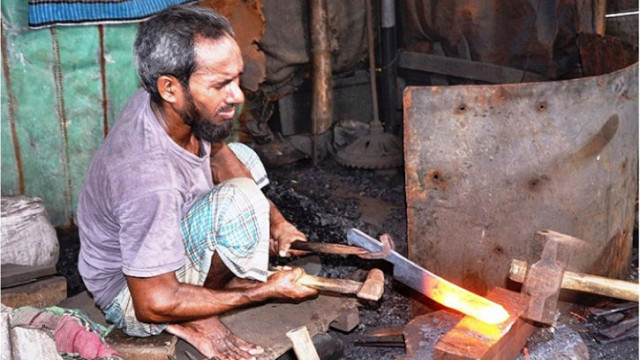
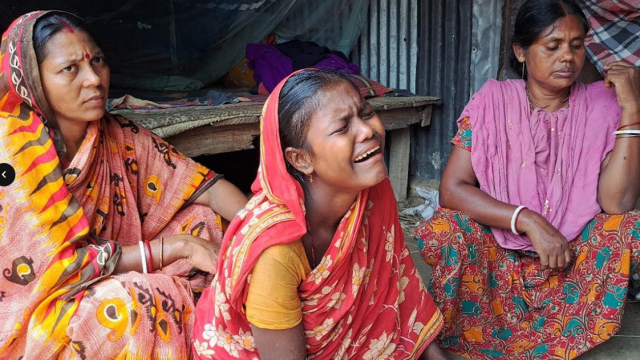
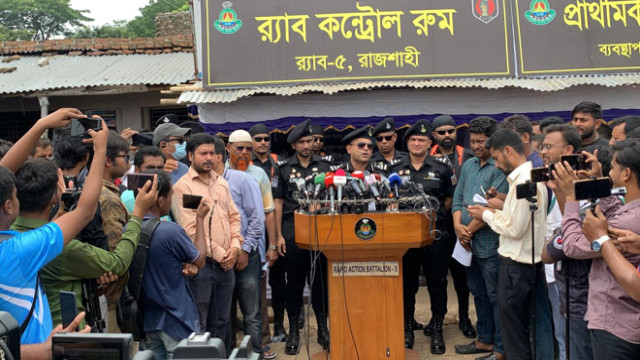
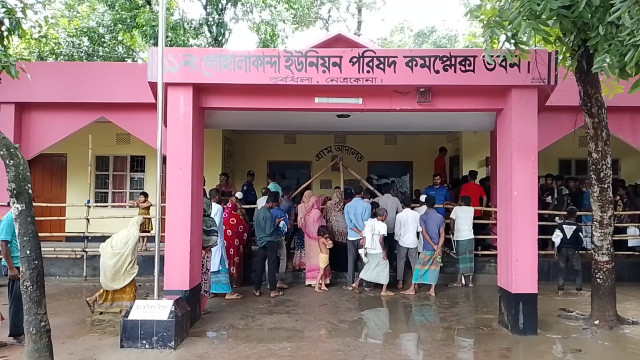
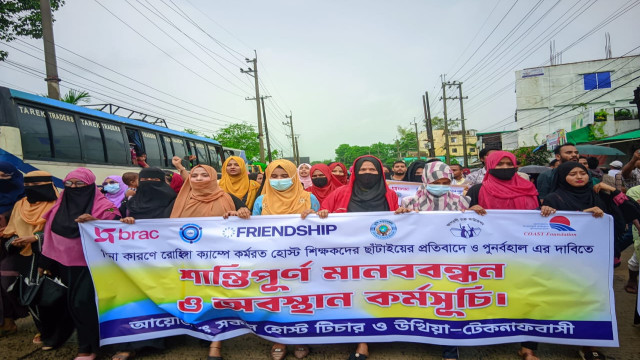
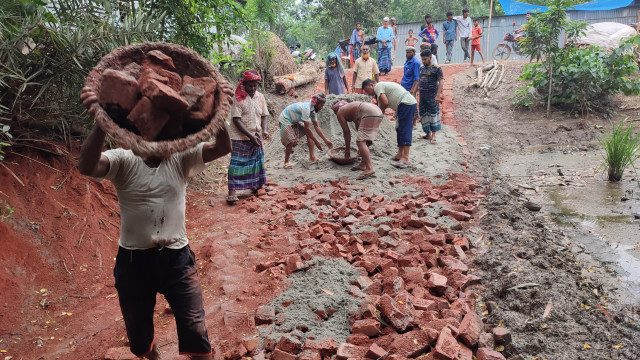
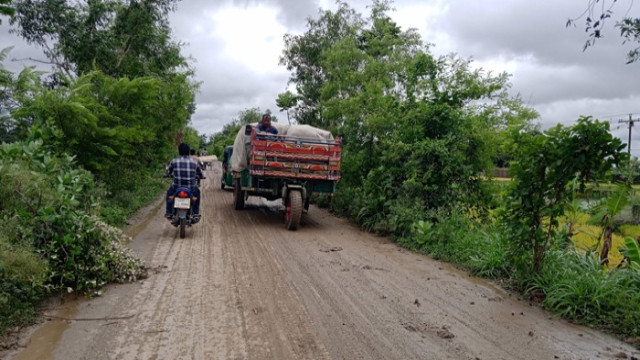
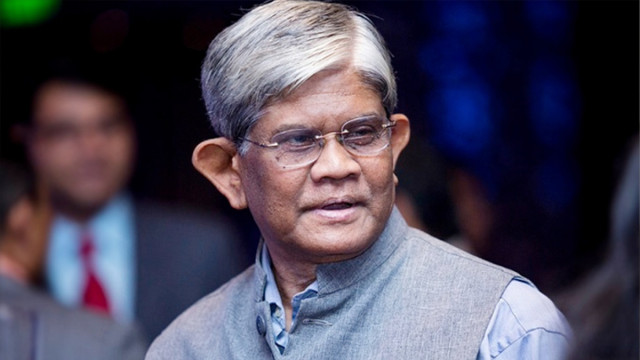
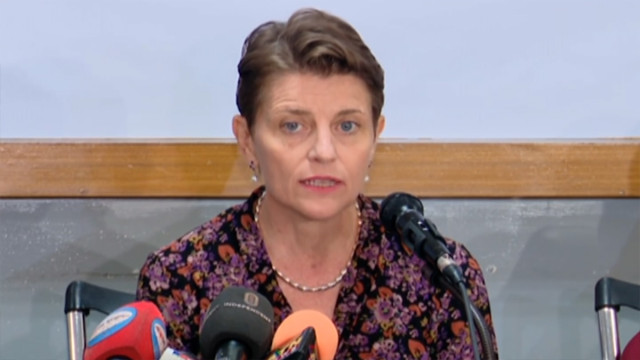
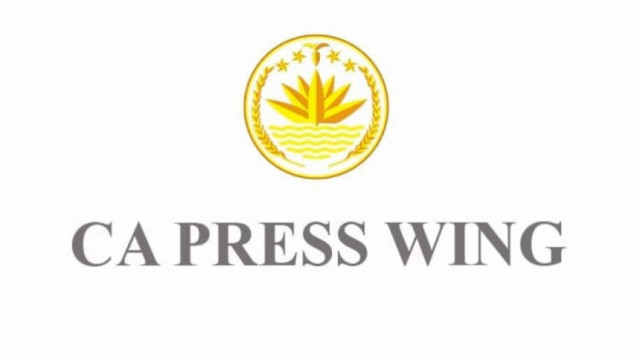
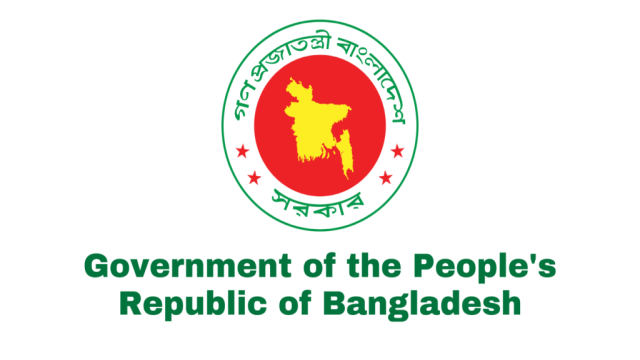

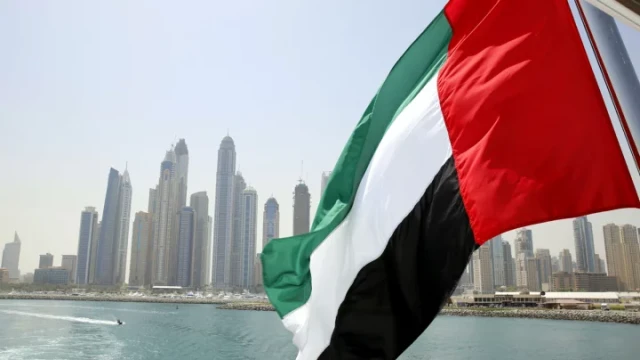
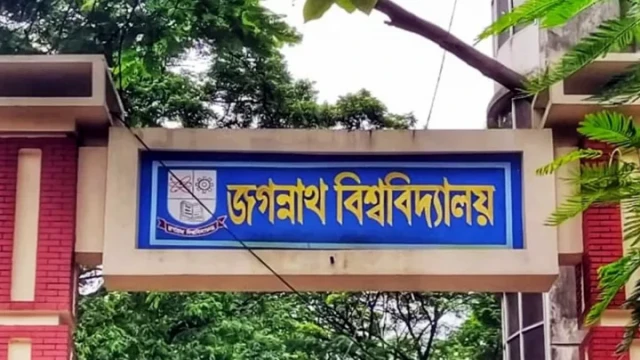
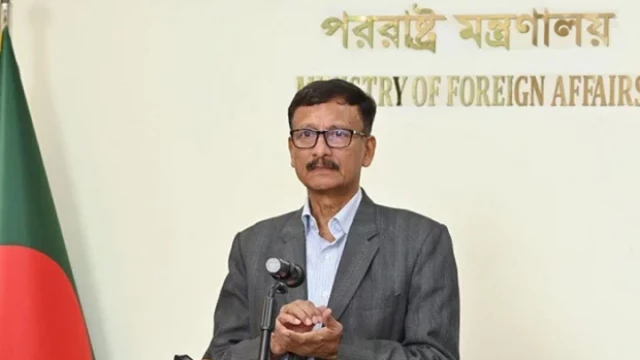
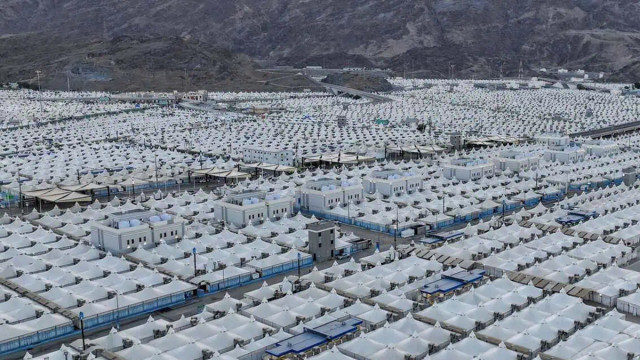
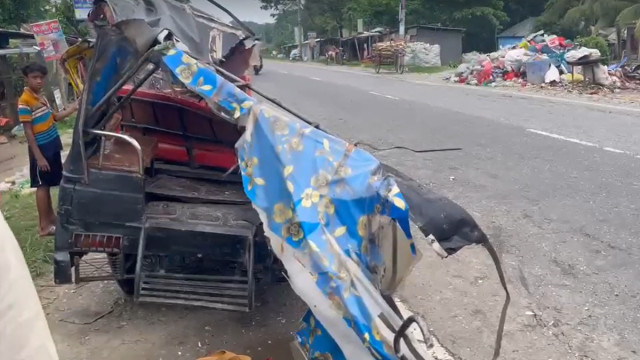

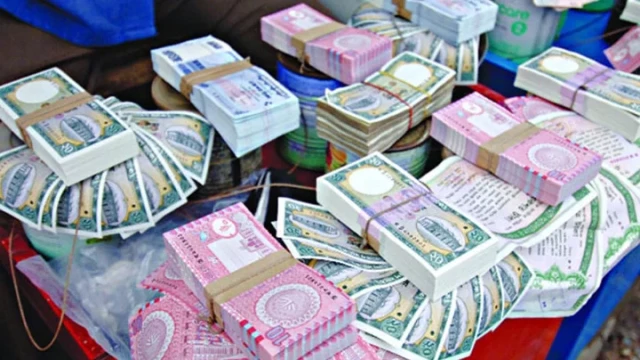
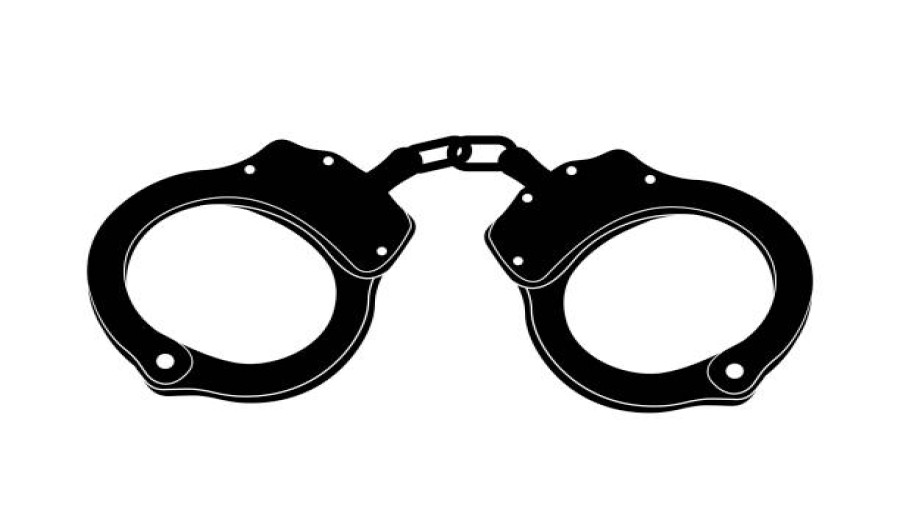
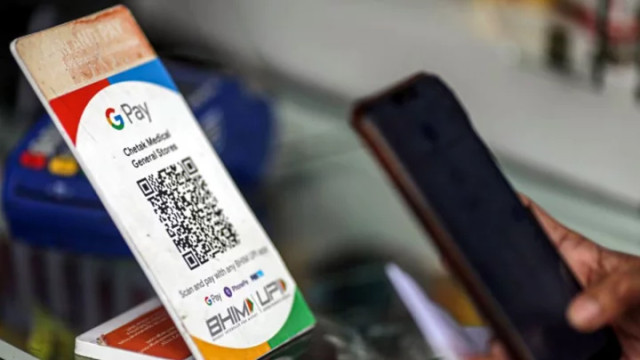
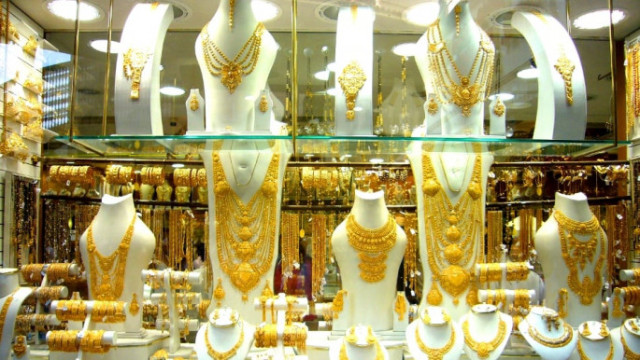
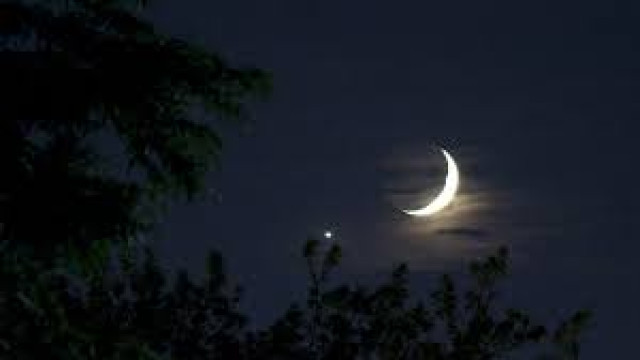
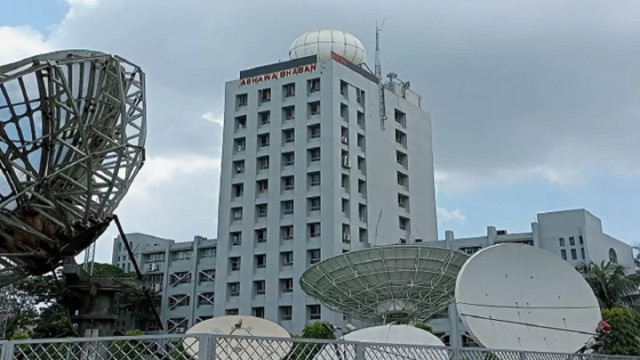
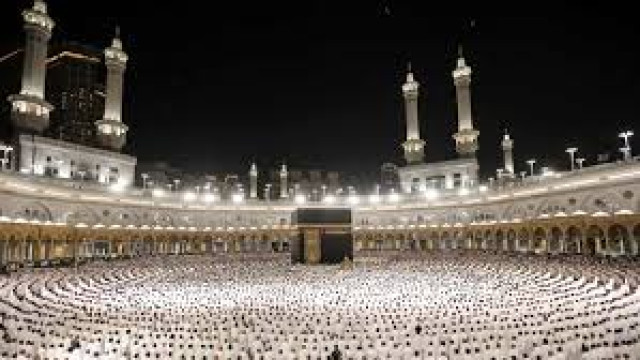
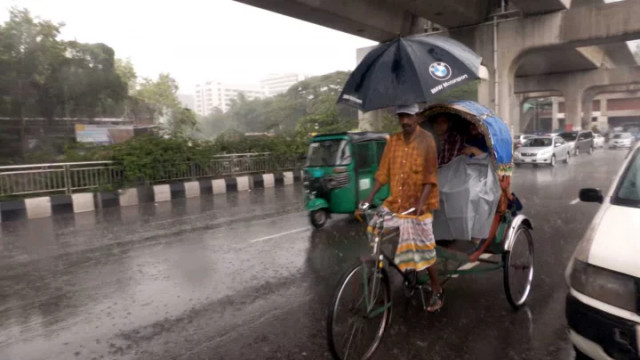
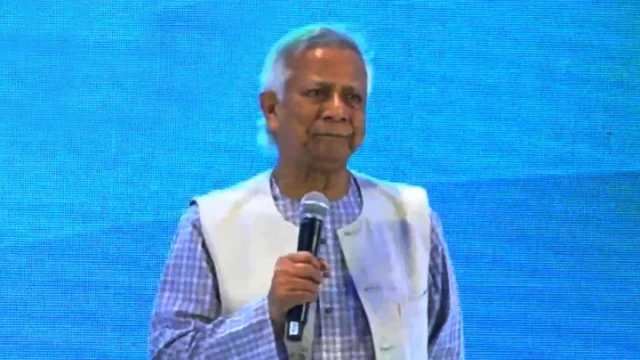
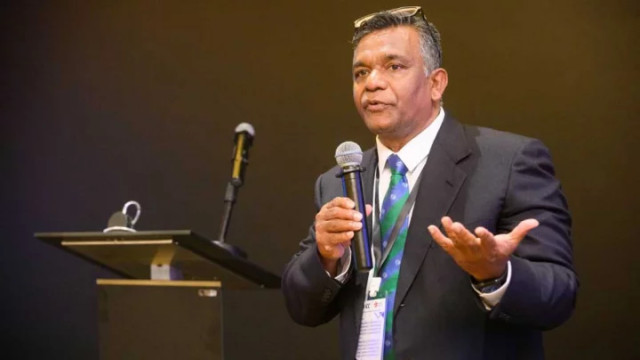
Comment: